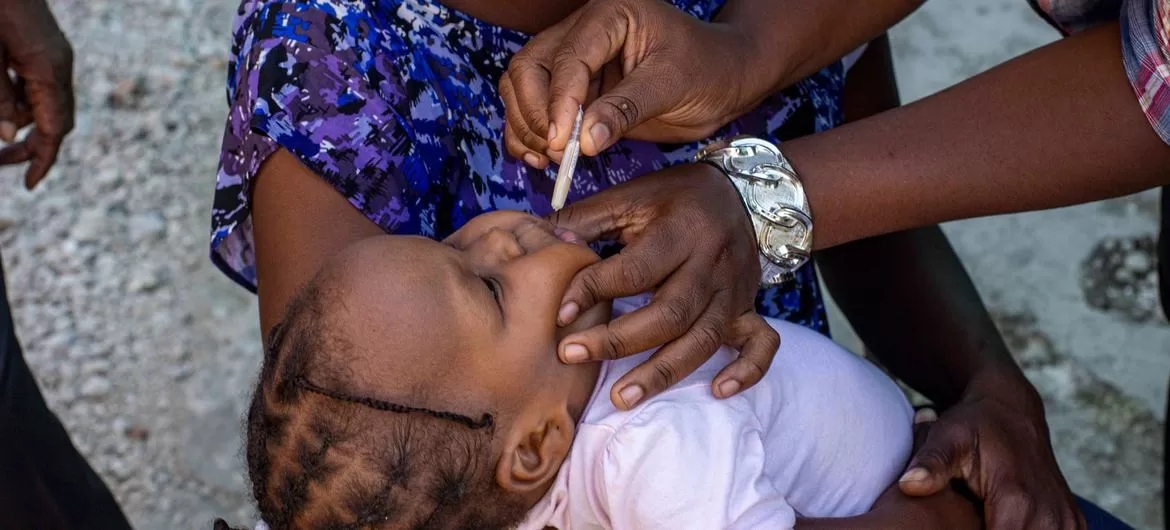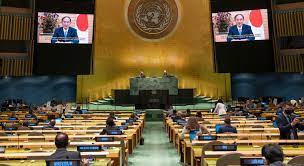February 6, 2024 — The World Health Organization (WHO) issued a dire warning on Tuesday, revealing a surge in cholera cases worldwide, with an unprecedented spike striking Africa particularly hard.
Dr. Fiona Braka, speaking from WHO’s regional office in Brazzaville, Congo, disclosed that eastern and southern Africa are bearing the brunt of the crisis. In a startling revelation, she noted that within the first four weeks of the year, 10 African nations reported over 26,000 cases and 700 deaths, nearly doubling the figures reported during the same period last year.
Zambia and Zimbabwe are among the hardest-hit countries, with Mozambique, Tanzania, the Democratic Republic of the Congo, Ethiopia, and Nigeria also grappling with active outbreaks and facing a high risk of further spread, according to Dr. Braka.
Preventable and Treatable Crisis
Dr. Braka emphasized that cholera is both preventable and treatable, lamenting the continued loss of life due to lack of access to clean water and sanitation facilities.
“We will continue to see records being broken as long as people do not have access to clean water and sanitation facilities,” she stated emphatically. “Cholera is preventable and treatable. No one, no longer, should die from it.”
The surge in cholera cases is exacerbated by increased flooding associated with climate change, which facilitates the spread of this preventable waterborne disease. More frequent cyclones and droughts have further hampered access to clean water, creating an ideal breeding ground for cholera.
Despite a global shortage of oral cholera vaccines, WHO is actively supporting vaccination campaigns in Zambia and Zimbabwe. Over 1.7 million people have already been vaccinated in Zambia, while a campaign in Zimbabwe aims to provide protection to 2.3 million individuals.
Emergency Response Efforts Underway
In response to the crisis, WHO has deployed over 100 medical experts and dispatched emergency supplies to affected areas in Zambia and Zimbabwe. More than 30 tonnes of emergency supplies, including cholera kits and rehydration salts, have already been delivered to both countries, with additional assistance en route.
The international community is urged to step up efforts to combat the cholera crisis, with WHO emphasizing the importance of swift action to prevent further loss of life and stem the spread of the disease.
As cholera continues to exact a devastating toll on communities worldwide, WHO remains committed to supporting affected regions and bolstering global efforts to eradicate this preventable and treatable disease.











